In a recent event in New Delhi, Indian External Affairs Minister S Jaishankar underscored the enhanced India-Bangladesh relations and the benefits accruing to Northeast India. These benefits include improved integration with Southeast Asia and Japan, overcoming historical barriers post-partition, and notable progress since the implementation of the 2015 land boundary agreement.
This collaboration, particularly emphasized by Dr. Abdullah-al-Mamun, an associate professor at Dhaka University's Department of Japanese Studies, revolves around Japan's initiative to construct the Matarbari deep-sea port in Bangladesh. This project aligns with Japan's Indo-Pacific strategy and India's Act East policy, focusing on enhancing economic partnerships, maritime security, industrial value chains, and connectivity in the region.
International relations expert Prof. Shahab Enam Khan highlighted the collective efforts to address regional disparities and insurgency, prioritizing peace and stability in the Indo-Pacific region. He stressed the significance of Japan's involvement in bolstering economic prospects in India's Northeast, emphasizing the need for multilateral cooperation to tackle common challenges.
Japan's commitment to promoting regional growth was evident in Prime Minister Fumio Kishida's policy speech last year, emphasizing cooperation with India and Bangladesh to foster the entire Bay of Bengal-Northeast India industrial value chain.
Dr. Mamun noted the economic potential of this collaboration, citing the Matarbari deep-sea port as a crucial trade gateway for Northeast India. He emphasized the region's attractiveness to Japanese investment, driven by factors like cheap labor and the relocation of production hubs from China and ASEAN countries.
Moreover, Japan's inclusion of Bangladesh under its Official Security Assistance (OSA) reflects a shared commitment to maritime security and collective security in the Indo-Pacific region.
Prof. Khan hailed Bangladesh-Japan bilateral cooperation as a regional role model, promoting economic and security stability for sustainable growth. He emphasized the need for pragmatic trilateral cooperation to address economic root causes behind instability in India's Northeast and underscored Bangladesh's commitment to common development agendas.
While challenges such as trade integration and security concerns persist, the collective efforts of Bangladesh, Japan, and India signify a strategic shift towards fostering regional prosperity and stability through comprehensive cooperation and multilateral engagement.



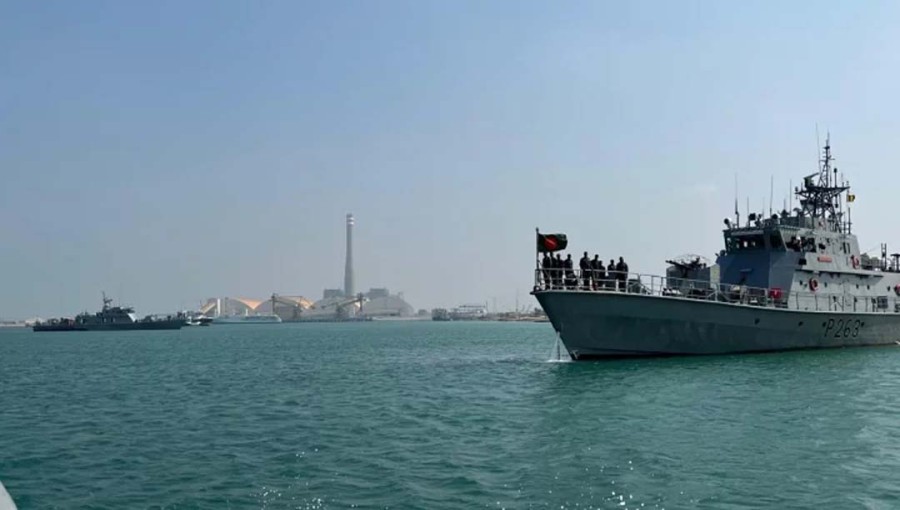


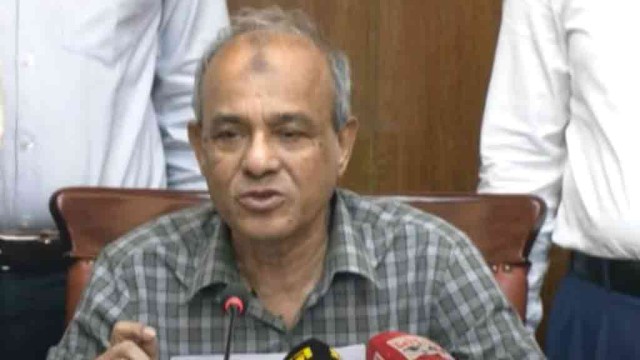

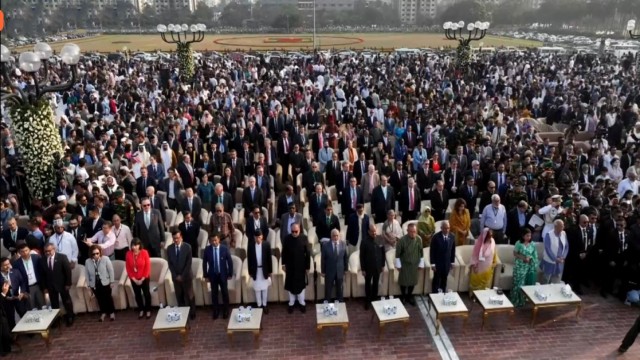






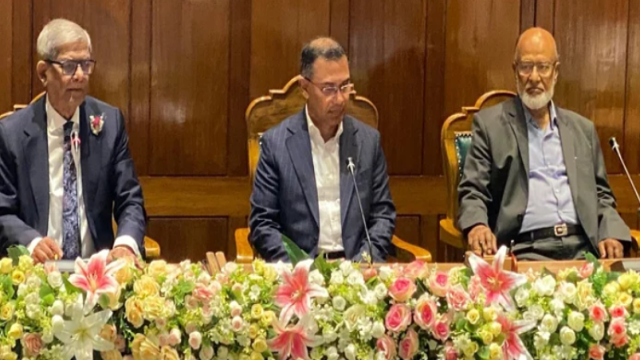
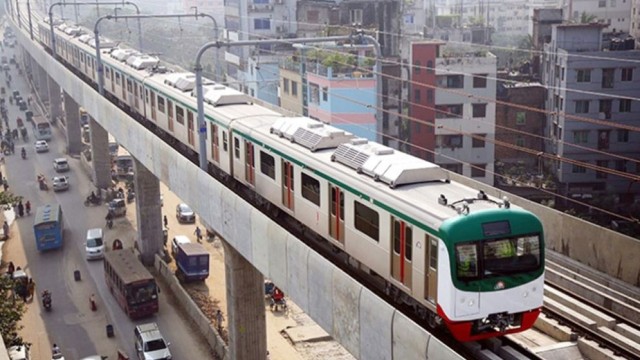











Comment: